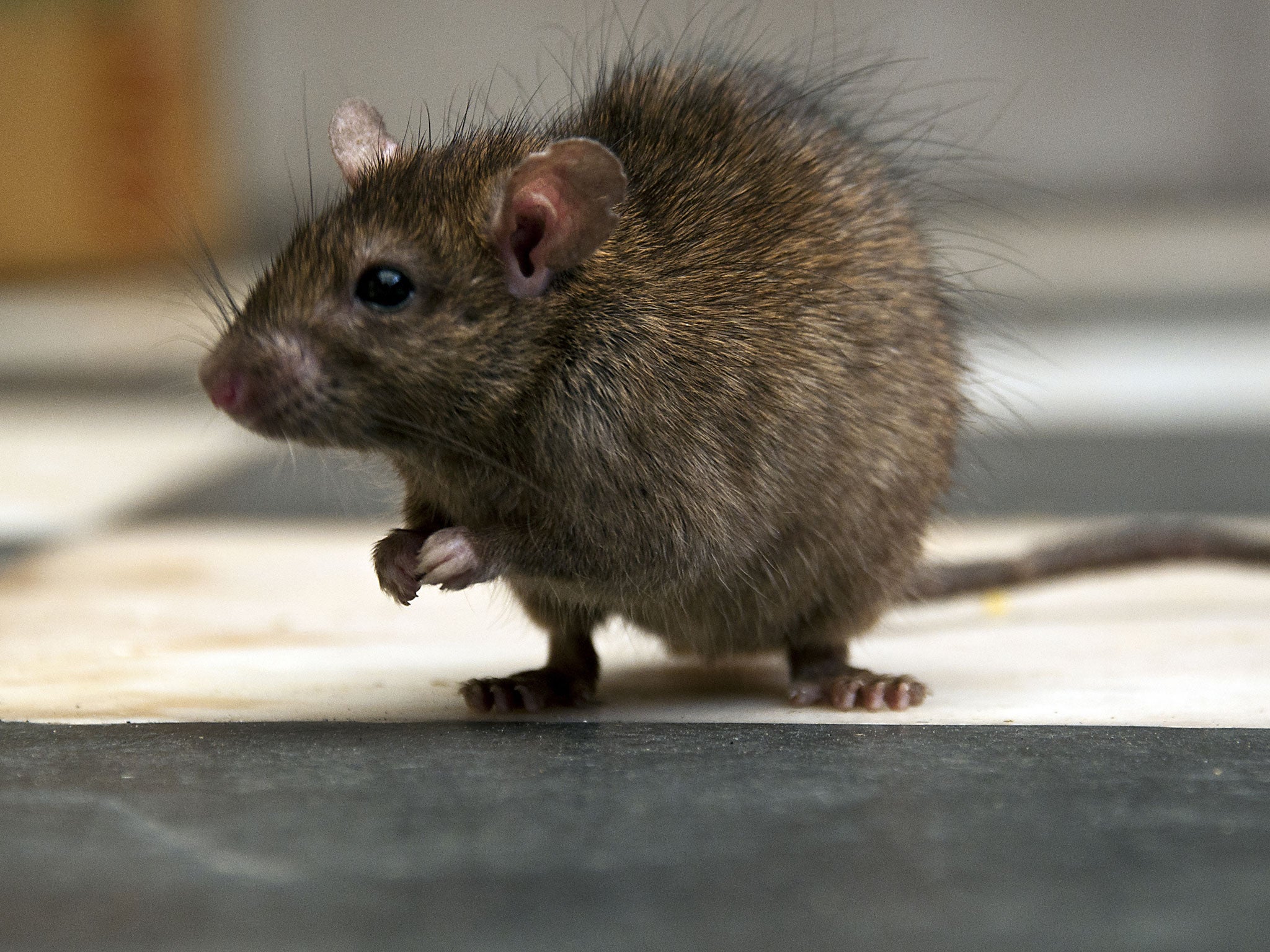The Independent's journalism is supported by our readers. When you purchase through links on our site, we may earn commission.
It's bad news for human beings and most of the natural world, but rats won't be so troubled by this latest IPCC report
The story of mankind is yoked to these rodents

The rat and the climate change denier. These are, not to put too fine a point on it, the only two groups of living organisms that can cast off the latest report on global warming with anything like a shrug. No evidence will convince the latter group that rising temperatures are caused by man, or present any grave danger. For the former – the various species of Rattus – this amalgamation of 12,000 scientific papers detailing the threats of global warming isn’t bad news at all: rather, they might sniff an opportunity.
The Intergovernmental Panel on Climate Change (IPCC) warned today that much of the world’s fauna faces an increased risk of extinction, as habitats change on fast-forward setting. There is, as yet, no evidence to suggest that the disappearance of any life-form was caused exclusively by climate change. But for some already-vanished creatures, like the golden toad of Central America, or the Monteverde harlequin frog, it has been cited as a contributing factor in their demise – alongside the kind of species invasion made possible by boats and planes, and other human-led incursions into the natural world.
Thousands more non-human heart-beats will stutter at the IPCC report. A stable sea temperature of 29.2C keeps turtle populations at a 50:50 male to female sex ratio; scientists fear the kind of warming already being witnessed may lead to that balance tilting in favour of the feminine. On top of that, the acidification of oceans threatens to bleach the remaining coral reefs – turning them from carnivals of colour and life to bone-white deserts. A recent report classified 83 per cent of birds and 66 per cent of amphibians as highly vulnerable to a warming environment.
All of which brings us back to the rat. The story of mankind is yoked to these rodents. Wherever we travel, they come too. As reported by Elizabeth Kolbert in her extraordinary The Sixth Extinction (2014), which suggests man is currently causing a mass extinction event to rival any other on the history of the planet, rats are seen by some as humankind’s natural successor. The geologist Jan Zalasiewicz, who spends his professional life looking millions of years into the past, believes their unique survival skills make them best placed to take advantage of the indelible effect man is having on the natural world. In short, we reshuffle the biosphere, and the rat gets a trump hand.
It would perhaps be naïve to say that, at this point in time, climate change is the most important impact man is having on the life-expectancies of other species. The surge in our numbers and monoculture farming make a strong case. And though humans will survive a long time yet, the climate-related suffering that will be felt in the near future by, say, Bangladeshis, who are responsible for just 0.3 per cent of global emissions, should urge action. But how about this as an extra incentive to follow the IPCC’s advice on mitigation: unless we change our approach to the natural world, homo sapiens may go down in the fossil record as midwife to the era of the rat.

Join our commenting forum
Join thought-provoking conversations, follow other Independent readers and see their replies